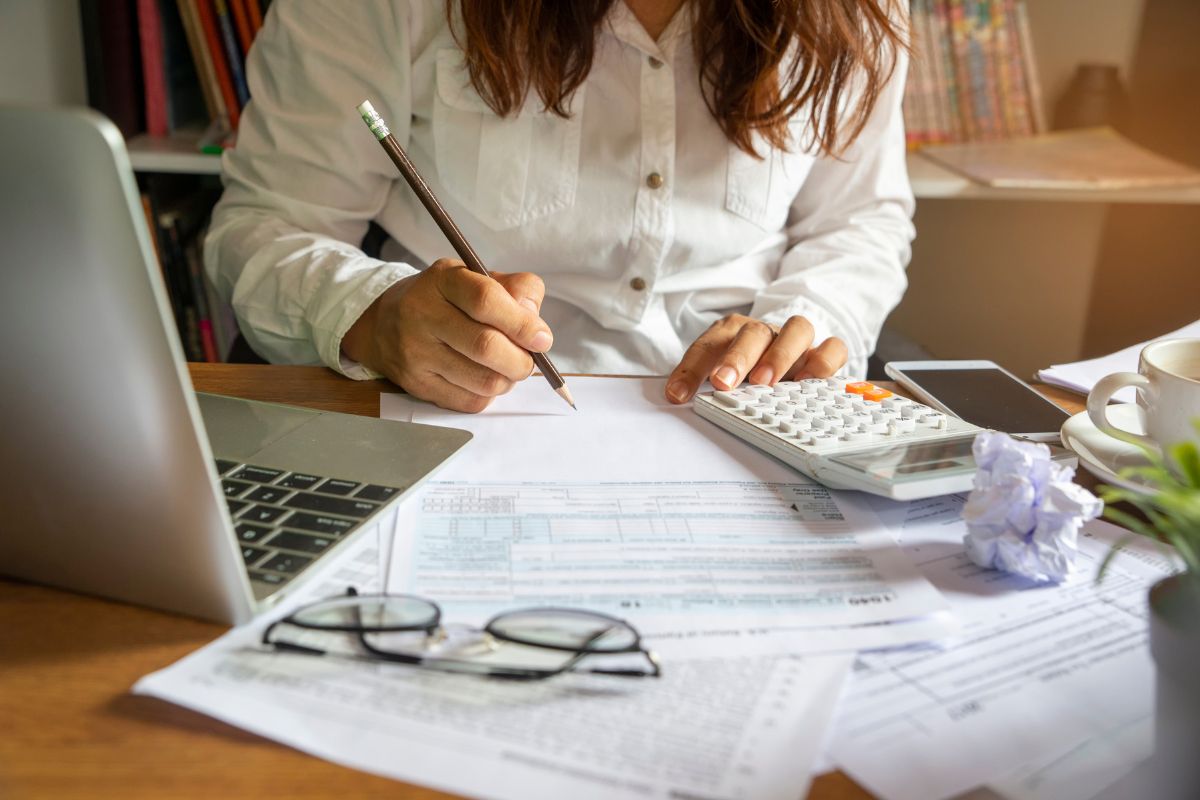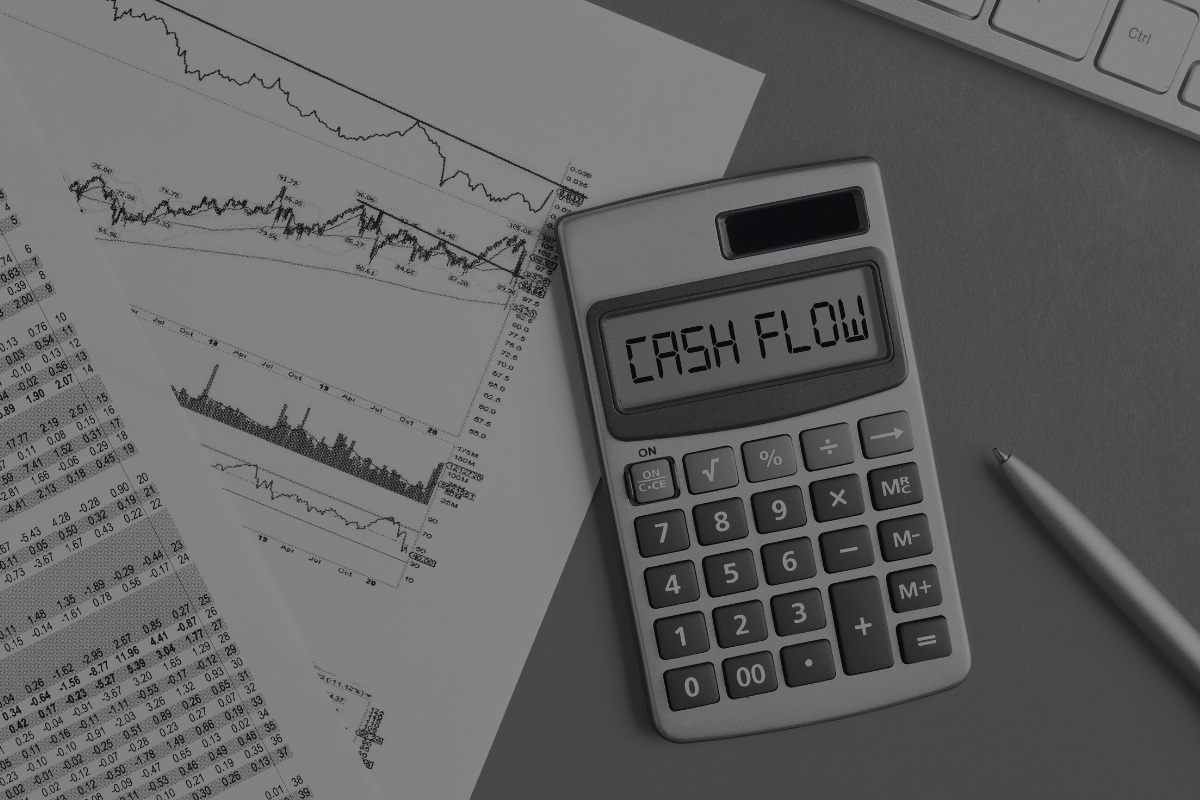When businesses plan for expansion, much of the focus is typically on scaling operations, opening new locations, increasing staff, or purchasing new equipment. While these are exciting and necessary steps for growth, one often-overlooked consequence of expansion is the impact on business personal property tax liability.
This tax, levied on the tangible assets used in running your business, can change significantly as your company grows. Understanding how expansion affects your business personal property tax can help you better plan for the future and avoid costly surprises down the road.
What is Business Personal Property Tax?
Expanding your business brings numerous opportunities, but it also comes with additional tax responsibilities – particularly in the realm of business personal property tax.
Business personal property tax (or BPP) applies to tangible items used in or owned by a business, such as:
- Machinery
- Computers and office equipment
- Furniture
- Tools
- Inventory (in some jurisdictions)

Unlike real property tax, which covers land and buildings, BPP applies to movable property that is not permanently affixed to the building or land.
How Expansion Affects Personal Property Tax
1. Increased Assets = Increased Tax Liability
Generally, as your business grows, so does the amount of personal property you own. Whether you’re upgrading technology, purchasing new manufacturing equipment, or expanding your inventory – the more assets you add, the more your personal property tax liability will increase. Most jurisdictions require businesses to report their personal property annually, and the value of these assets forms the basis for the tax calculation. If you’re increasing the size of your operation, you could see a significant jump in your tax bill.
2. New Locations, New Tax Jurisdictions
Expanding into new locations can mean dealing with different local tax rules and regulations. Personal property tax rates and exemptions vary from one jurisdiction to another – for example, some states may offer exemptions on certain types of equipment, while other may have higher tax rates for specific asset classes. As you expand, it’s essential to understand the tax implications in each area where you do business.

3. Leased vs. Owned Equipment
If your expansion include leasing equipment instead of purchasing, you may still be liable for personal property tax. Many jurisdictions tax leased equipment just like owned property, though the leasing company might file the property tax return on your behalf. However, the cost may be passed on to you, either directly or indirectly through your lease payments.
4. Depreciation and Property Valuation
As assets age, they lose value, and your tax liability may decrease accordingly. However, if you’re expanding and purchasing a significant amount of new equipment, it may be a while before depreciation offers you any tax relief. Understanding how local authorities value your assets and what depreciation schedules they use can help manage expectations around tax payments.
Steps to Manage Increased Tax Liability
1. Take Advantage of Local Tax Incentives
Many jurisdictions offer tax incentives or exemptions to encourage business expansion. For instance, some areas provide reduced tax rates for certain types of equipment or offer temporary exemptions for new businesses. It’s worth exploring these options as a part of your property tax strategy, particularly when undergoing expansion.
By consulting with experts to help you stay organized, plan ahead, and explore your options for reducing your tax burden, you can reduce the lift required of your team and free up valuable time to work on business-essential activities.
2. Plan for the Long Term

As your business grows, your personal property tax liability will likely continue to evolve. Creating a long-term tax strategy can help avoid unexpected tax increases and give you more control over your operational costs.
3. Engage with Tax Consultants
Navigating business personal property taxes can be complex, especially when expanding into new areas or dealing with substantial asset increases. A property tax consultant can help you understand local rules, identify potential tax savings, and ensure you remain compliant across multiple jurisdictions.
Conclusion
Expanding your business brings numerous opportunities, but it also comes with additional tax responsibilities – particularly in the realm of business personal property tax. By understanding how these taxes work and taking proactive steps to manage them, you can ensure that your business expansion is both financially sound and tax-efficient.
Navigating the complexities of your business personal property taxes while growing as a company can be difficult and time consuming. By consulting with experts to help you stay organized, plan ahead, and explore your options for reducing your tax burden, you can reduce the lift required of your team and free up valuable time to work on business-essential activities.
Looking to level up your property tax strategy? Our team of experts is here to guide you through every step of your business expansion. Connect with us for a free property tax analysis today.
Curious to know more?
Let’s Talk & Grow Your Business
We’re ready to help. Reach out to us today for a personalized property tax assessment.









